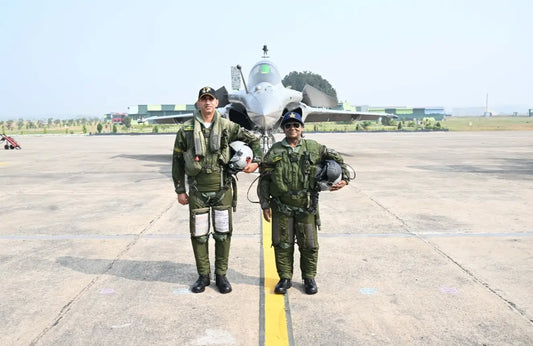Bilawal Bhutto Faces Online Criticism for Comments on Pakistan's Historical Surrender

Bilawal Bhutto Zardari, chairman of the Pakistan People's Party (PPP), recently faced significant online backlash following his bold assertion that "surrender is not a word found in Pakistan's dictionary." This statement, made at a conference in Islamabad on Wednesday, has reignited memories of Pakistan's surrender during the 1971 war, with many internet users drawing attention to the historical event.
During the conference, the former foreign minister emphasized Pakistan's dedication to combating terrorism, urging for international cooperation while reiterating the nation's longstanding position on the Kashmir issue. He also highlighted the need to cease the "weaponisation of water."
The choice of words in Zardari's statement prompted a surge of reactions, especially from Indian social media users, who were quick to reference December 16, 1971. On this date, over 93,000 Pakistani troops surrendered to the Indian Army in Dhaka, marking a pivotal moment in the Bangladesh Liberation War.
A user commented, "Don't worry, we already edited your dictionary in 1971. Maybe you lost that version." Another remarked, "Perhaps he skipped the chapter where 93,000 Pakistani soldiers, in full uniform, surrendered—hands in the air—in front of the world. That was a failed state’s dictionary!”
Numerous individuals also recalled the legacy of Bilawal's grandfather, former Prime Minister Zulfikar Ali Bhutto, who led Pakistan during the military and territorial defeat that resulted in the formation of Bangladesh.
The 1971 surrender is considered one of the most significant episodes in South Asian military history. On that day, Lieutenant General A.A.K. Niazi of Pakistan's Eastern Command signed the instrument of surrender in Dhaka before Indian Lt General Jagjit Singh Aurora, effectively concluding the 13-day India-Pakistan war and the East Pakistan liberation struggle.
While Bilawal's statement aimed to convey resilience, it inadvertently revived memories of a painful era in Pakistan's history, eliciting strong reactions from both domestic and international critics.



















